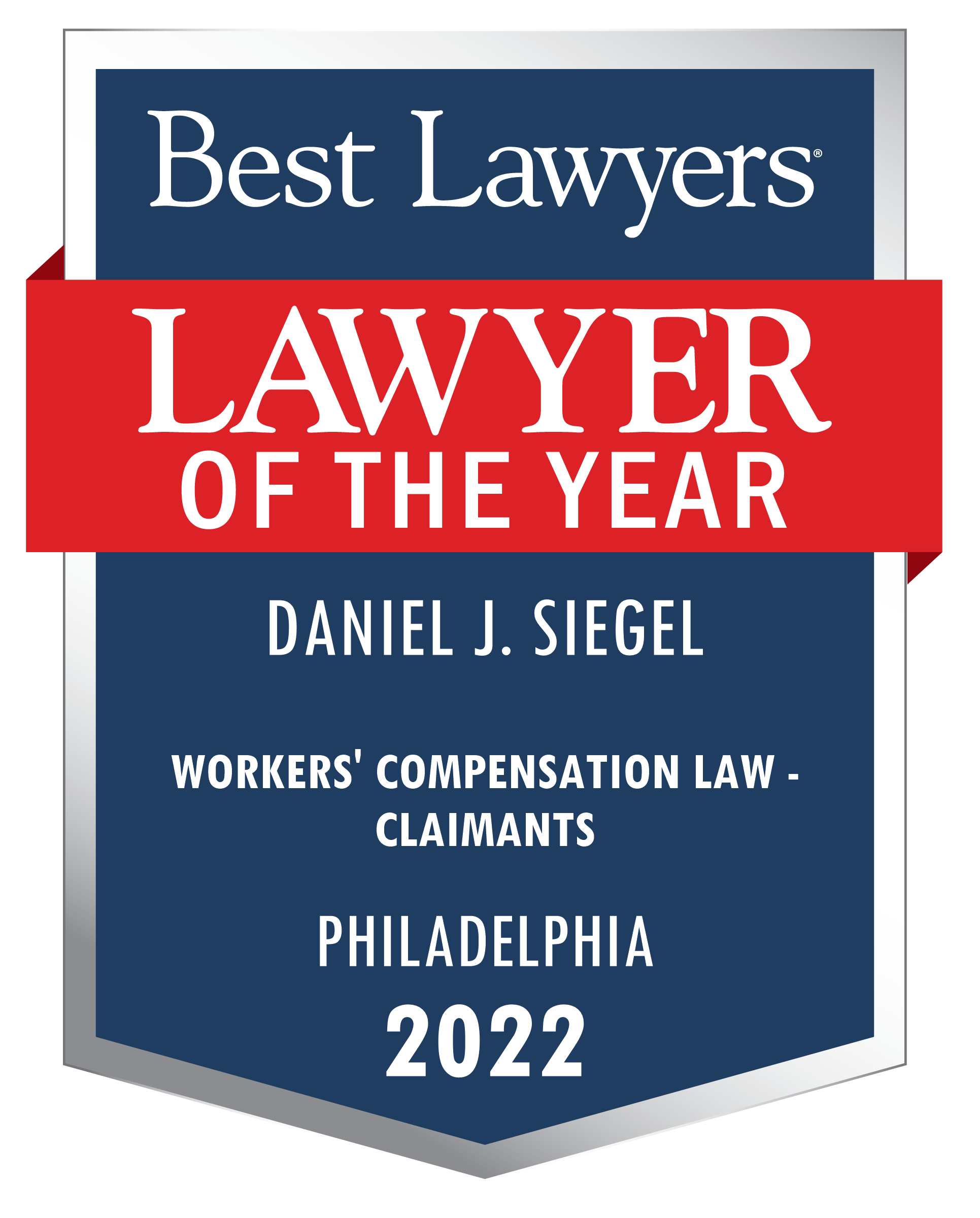Professionals @High_Risk on Social Media
Pundits swiftly smacked down Rosanne’s recent racist and anti-Semitic tweets, comparing them with New York Lawyer Aaron Schlossberg’s videotaped, racist rant against people for standing in front of him in a line. In a situation, where honestly, blameless people were supporting a local business, Attorney Schlossberg fumed at them shamelessly, calling them undocumented immigrants for inconveniencing him. He went so far as to threaten to report them to “ICE” (the deportation and enforcement branch of the United States Customs Immigration Service (USCIS)).
This has raised a question of whether the “digital divide” is blurring the line between opinionated and derogatory. Have we abandoned the ancient wisdom passed down to us from prior generations?
- “If you would not feel comfortable saying it to your grandmother, then don’t put it in writing.”
- “If you wouldn’t want to see it in the newspaper, then don’t say it.” Or,
- “If you don’t have anything nice to say, then don’t say anything at all.”
Sound familiar?
Of course, the novelty and thrill of seeing one’s opinion in print makes social media platforms addictive. Facebook builds upon the indescribable feeling that getting “likes” simulates. It cannot be understood from a rational dimension separate from the feelings that posts create. There are millions of people on Twitter; rationally speaking, does your opinion even matter? The rational answer is generally no, not even if you’re the President of the United States.
As we increasingly publicize our own views, we simultaneously begin to believe that our views are important. By narrowing our focus on our limited perspective, we may fail to honestly assess the valid opinions of others. We lose our audience. We gain only extreme followers who share our views. As a result, the world around us begins to shrink. Our newsfeed populates with limited perspective.
Like Roseanne or Schlossberg, professionals are the most high-risk population on social media because they can lose their reputation, clients, dignity and prestige from a poorly worded post. As we have the most to lose, we must think twice about what we say, how we say it, and be ever mindful of the risks of posts being conscience-shocking, racist, bigoted, and/or incriminating. Is your opinion perhaps unique only because no one would ever actually say it to their grandmother?
Not only does social media pose a risk to a professional’s reputation, it may put an injured person at risk if they post on Facebook, or put an attorney at risk for attorney discipline or a legal malpractice claim if they reveal client information online. If you or someone you know has a personal injury matter or you are a lawyer with a professional discipline matter, call the Law Offices of Daniel J. Siegel, LLC, the lawyer other lawyers call for advice.







